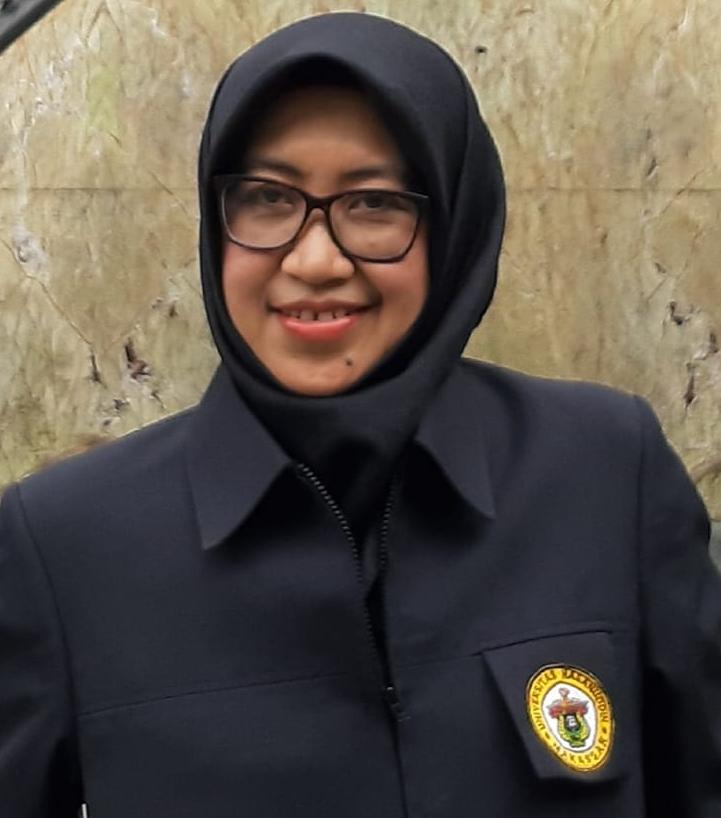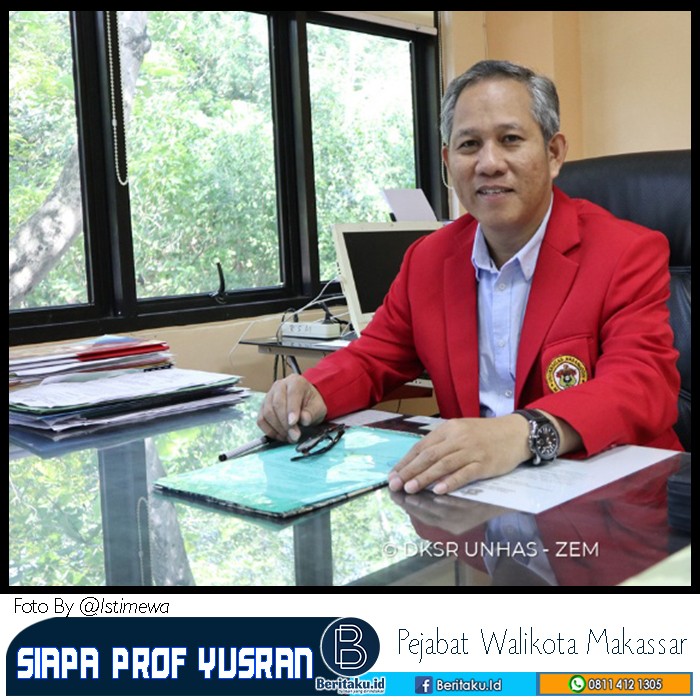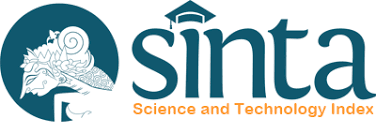Sistem Pemasaran Gula Semut Kelompok Tani Hutan (KTH) Buhung Lali Pada Hutan Kemasyarakatan (HKm) Bangkeng Bukit di Desa Bukit Harapan Kecamatan Gantarang, Kabupaten Bulukumba
DOI:
https://doi.org/10.24259/jhm.v9i2.2329Keywords:
farmer share, marketing channel, market distortion, market margin, palm sugarAbstract
Palm sugar is one of the potential products of Non-Timber Forest Products (NTFPs) that can contribute to increasing farmers' income and welfare, especially for communities around the forest. This study aims to identify marketing system of palm sugar at Community-based Forest in Bulukumba Regency. This research applied interview, observation, and study-literature methods. The samples selected by purposive sampling were the farmers in the Bangkeng HKm Bukit Harapan village and the traders of the palm sugar in Makassar. Then, from these samples, the market margin, the farmer share and the profit of trade agencies were descriptively and quantitative analyses. The results show that there are three marketing channels of the palm sugar trade in Bukit Harapan village i.e farmers directly to costumers, farmers to retailers to customers, and from farmers to the whole seller to customers. In the first channel, farmers to customers, there are the market distortions like monopoly, transaction cost, externalization, and public goods. In the second channel, farmers to retailers to customers, the market distortions found in this path are oligopoly and externalization. In the last channel, the market distortions are monopsony and transaction cost. Based on the analysis, it is found that the highest the market margin and the most profitable lines are the first and the third lines with the profit to 100% because the higher the value of farmer share, the better and more efficient the market performanceDownloads
References
Asmarantaka, R. (2014). Pemasaran agribisnis, Bogor, IPB publishing.
Balai Informasi Pertanian. (2000). Pembuatan Gula Semut, Liptan, Padang.
Erviyani, Makkarennu, Sahide, M.A.K., dan Mahbub, A.S. (2017). Analisis Tata Niaga Rotan di Kelurahan Batu Kecamatan Pitu Riase Kabupaten Sidenreng Rappang. Jurnal Hutan dan Masyarakat, 9 (1), 1-7.
Ismaryanto, S. (1992). Pengukuran Eksternalita Lingkungan Proyek-Proyek Pembangunan Pendekatan Analisis Biaya Dan Manfaat. Pusat Antar Universitas-Studi Ekonomi. Jakarta.
Joesron, T. S., dan Fathorrozi, (2003). Teori Ekonomi Mikro. Salemba Empat. Jakarta.
Manik, M. O. 2007. Tata Niaga Gula Pasir Di Sumatera Utara, Skripsi Pada Fakultas Pertanian Universitas Sumatera Utara: Tidak Diterbitkan.
Saliem, H.P. 2004. Analisis Margin Pemasaran : Salah Satu Pendekatan dalam Sistem. Distribusi Pangan. Dalam Prospek Usaha dan Pemasaran Beberapa Komoditas Pertanian. Monograph Series No. 24. Pusat Penelitian dan Pengembangan Sosial Ekonomi Pertanian. Bogor.
Sudiyono, A. 2001. Pemasaran Pertanian. Penerbit Universitas Muhamadiyah Malang. (UMM Press). Malang.
Sugiyono. 2010. Metode Penelitian Kuantitatif Kualitatif & RND, Bandung: Alfabeta.
Sunaryo, T., 2001. Ekonomi Manajerial: Aplikasi Teori Ekonomi Mikro. Erlangga. Jakarta.
Tampubolon, M.P. 2013. Manajemen Keuangan (Finance Management), Cetakan Pertama, Mitra Wacana Media, Jakarta.
Tomek, W.E and Kenneth L. Robinson. 1990. Agricultural Product Prices, Second Edition Cornell University Press, Ithaca



















